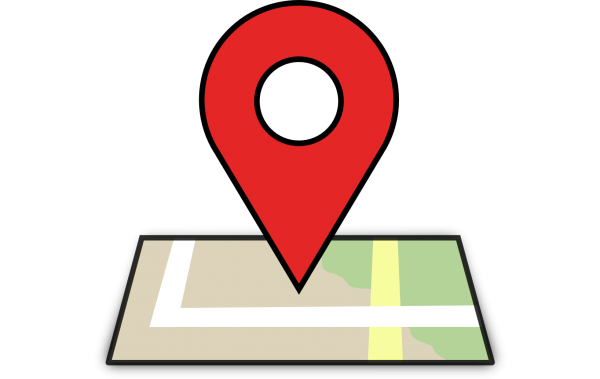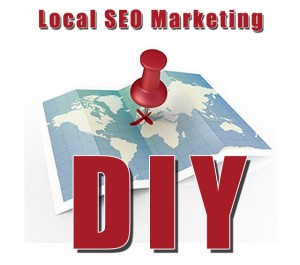A Primer for Understanding Local SEO
Local SEO is absolutely critical for any business that has a local customer base. Whether you are a restaurant looking for more diners or a car dealership looking to attract more customers, your main focus of online marketing is to attract the attention of people in your area who are interested in your products and services.
So how do you go about improving your visibility with local customers? Local listing optimization happens when you focus on the right avenues for promoting your business online. There are many Key Performance Indicators (KPIs) that can help you to determine the effectiveness of your local SEO work and find out which tactics are right for you. Several of these tactics involve effectively gaining citations with local directories.
Among the KPIs that you need to track your local SEO performance:
Track Local Rankings for the “Big Three” Search Engines: Finding out where you rank in your local areas for searches on Google, Yahoo and Bing is the easiest way to get a sense of the strength of your local online presence.
Go Beyond the Big Three As Well: You also need to track your rankings for search engines, directory and niche sites outside of Google, Yahoo and Bing. This can be an extensive process, so it’s a good idea to use automated tools to help you to stay current.
Check Your Rankings on Local Search Sites: Do searches for your keywords on sites such as Yelp, Superpages and Citysearch to see where you are ranking. Make sure you do enough searches on different variations of keywords to get a strong sense of your rankings.
Maintain Consistency: If you have out-of-date or incorrect business information on a local search site listing, you are confusing your customers. This can also be confusing to search engines as well. Perform regular searches to make sure that your listings are up-to-date.
Track Your Links: You need to know how your website’s visitors are interacting with the links on your site. Tracking these links allows you to review the layout of your site and its content to see if changes should be made.
Monitor Review Quality and Quantity: When a potential customer reads lots of great reviews about your business, it gives them confidence in your goods or services. Along with checking local search sites about the quality of your reviews, it’s also important to be concerned about the quantity of reviews. It’s possible that having more reviews will improve your search rankings. Get creative with ways you can reward customers for reviewing your company on sites like Yelp.
There are many different types of local search sites — each of them are potentially great placement opportunities for your citations. Some of the options include:
- Local Directories (such as Yelp or YP.com)
- Niche Directories (including directories aimed at specific industries)
- General Directories
- Social Platforms (such as Twitter, Facebook and LinkedIn)
- Local Media
- Event Sites
Before you start adding citations to these sites, it’s important to know where you are already listed. There are several free tools available that will allow you to see the local sites that are already listing your company’s information. This is a great way to clean up and outdated or incorrect listings before you start on a local SEO campaign.
As with any part of SEO, local search optimization doesn’t happen in a vacuum. It needs to be part of your overall online marketing campaign — and you need to have a game plan in place in order to maximize your ROI. A few steps to consider before starting:
- Define your goals for your local SEO campaign. Are you looking to get more visitors to your site? Phone calls for follow-ups? People buying directly from your site? Knowing what you want people to do once they get to your site will guide your SEO tactics.
- Perform web analytics on your local landing pages. This will give you a way to track your clicks and conversions to tell which tactics are working and which ones are not getting customer’s attention — or getting them to do what you want.
- Measure your rankings against goals and past performance. Automating this process means you can spend less time compiling data and more time reviewing the results to get the information you need to effectively adapt your SEO campaign.

 Posted on September 2, 2014
Posted on September 2, 2014
 Posted on March 24, 2014
Posted on March 24, 2014
 Posted on December 27, 2013
Posted on December 27, 2013
 Posted on August 13, 2013
Posted on August 13, 2013
